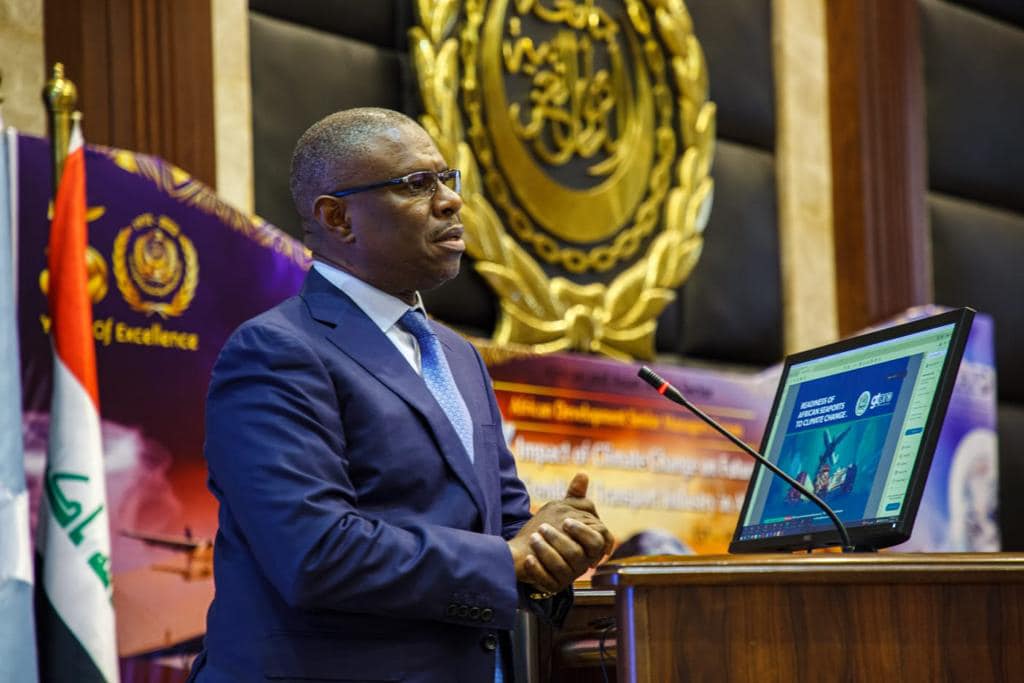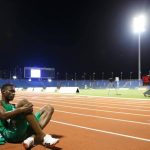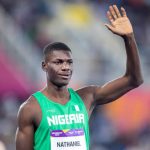We are witnessing some of the worst anti-government protests in our recent democratic history, fueled by economic hardship, hunger and a general feeling of disillusionment among many Nigerians. Whatever the arguments are for or against the protests, it suffices that some Nigerians are making public their anger against the system and resolute to demand change. The protest, after Day 4, showcased the massive dichotomy in the various regions’ interpretation of their stake in the Nigerian project and the impact of the economic realities and peoples’ feelings about them. Understanding Nigeria’s fault lines is not just crucial, but it’s also enlightening to understand her socio-political dynamics and culture of resilience. I will point out six ways the #EndBadGovernance Protests have shown the stubbornness of our fault lines and differences in our level of political sophistication.
First, the North-South divide plays out clearly in the attitude, feelings, and intensity of participation in the protest. In the South, the Southeast is entirely silent and has refused to join the protest, and the South-South is shyly participating. The southwest sees a little more participation, and Lagos is the epicenter of the protests in this region. On the other hand, the North is in turmoil, and participation is more active and resilient with all sorts of unprintable demands. Unfortunately, some parts of Nigeria, especially the North, have become chaotic and bloody. It is not surprising that this is the case. This correlates with the difference in poverty, hunger, and out-of-school children’s data respectively between the North and the South.
The economic hardship bites more in the North, and they feel the pinch and are more likely to protest it. The North have the poorest states, the most negligible GDP per capita, high infant and maternal mortality rates, and high incidence of hunger. A combination of the high prevalence of pharmaceutical opioids abuses and out-of-school children (almaJiri) in Northern Nigeria reflected in the violent dimension of the protest in that region. Kano, Zamfara, and Kebbi are the three states with the highest prevalence of opioid abuse. This high rate of idle, unengaged and uneducated youth is a ticking time bomb waiting to happen. However, these socioeconomic realities and sentiments often highlight our political certainties and show our fault lines and pain points. There is also the question of unsubstantiated ethnic and regional dimension to the north’s protest degenerating to a riot.
Second is the Lagos – Abuja divide. Both are the two major cosmopolitan urban cities in Nigeria. There are pockets of protest across Lagos, and some have refused to be influenced by a massive campaign led by the Lagos political elite to stop the demonstrations happening in Lagos. The Lagos political elite worked hard to show that Bola Ahmed Tinubu was not that unpopular at his home base. Also, some residents did not want to pass a vote of no confidence on Mr President for various pecuniary reasons. The withdrawal of Igbos from the protest is not just in the Southeast. It was noticed that many Igbos in Lagos refused to participate in the protest, taking out an essential element in the bite of the protest.
Abuja is home to a diplomatic community. Abuja civil society class showed themselves as enlightened and not beclouded by ethnic bias. The protest could not be restricted to the Moshood Abiola Stadium as initially proposed by the government but that did not reduce its efficacy. Police brutality in Abuja to some extent reduced the nuisance of the protest to public life. one take away from Abuja and lagos is that in cosmopolitan cities, no ethnic group can hold the cities or Nigerians hostage.
Third is the stance of the Southeast states and the Igbo ethnic group. The leadership and followership made a conscious decision not to participate. This may be a metaphor for silent political protest in the Nigerian state. The elites were united in framing the protest as not concerning the Igbos, who are victims of the Nigerian state. They sold it as a Yoruba versus Hausa-Fulani struggle. Igbos are beginning to see themselves as not part of Nigeria. The continued imprisonment of Nnamdi Kanu, the many seeming denials of Igbo’s opportunities in the higher political equation, the Igbo’s political opposition stance, and the general feeling that they are made scapegoats in conflicts like this are reasons some espoused as the significant justification for the decision not to join the protest.
The fourth is the vast difference between the propaganda of government apologists and many ordinary Nigerians who refused to buy into the propaganda. Government apologists were primarily concerned with defending the government, its policies, and its actions. Although they mainly showed anger against the government at the centre, the people also looked at the subnational governments as a sore point. The federal and state governments put out arguments against the protest. They argued that first, the government is just a year old and needs time for their policies and actions that lead to growth and development start showing.
On the other hand, the people feel that one year is enough time to see signs of economic growth and prosperity that will inspire hope for a better future. The people argued that their conditions were worse on all indices one year after the new administration came to power, and they wanted things to change. The government also argued that the leadership of the protest was faceless. However, this is counterintuitive because the fear of the dictatorial tendencies of the government is driving voices of opposition and criticism underground. Civil society’s leadership typically boldly represents the masses’ views and is not afraid of a democratic government to clamp down on them for civil protest.
The lesson here is that Nigerians who hitherto are resilient under extreme hardship are beginning to question and demand change from the government, and simplistic explanations for bad governance cannot dissuade them from reacting. Also, the government is throwing out a few “stomachs’infrastructure”to a few people here, and it is no longer sufficient to convince many people to support the government. People are against unjust laws, heavy taxation, inefficient systems, and destructive policies that lead to hunger and poverty. The government must be proactive in catering to the people’s needs and not reactive to the people’s actions because of failed promises and visions.
The fifth is the adversarial relationship between the Nigerian police and the people. Although the Nigerian police do good work sometimes, the public perception of them is negative, and this affects the people’s reaction to the police. In managing crises and conflicts, the Nigerian police sometimes struggle. In this protest, their poor handling of de-escalation of crisis, crowd management, and more reliance on brute force to handle civil unrest are clear for all to see. Amnesty International raised concerns. The police job is difficult, especially in these circumstances. However, proper training and preparation for democratic-sanctioned civil protests are essential. The police must study their responses and modus operandi in dealing with this protest and learn the lessons that will guide future responses.
The sixth is the Nigerian elite and their discordant tones. There needs to be an elite consensus on issues that pertain to good governance and economic development. The elites hijacked the system and are benefiting from the system and, as such, are not united in one voice to change the system. The voices of the few elites who are not benefiting from the system are faint and inaudible to make any meaningful change. These elites uphold no Nigerian values, ethos, or shared ideals and visions. The elite sees Nigeria’s interests from personal interests and ethnic perspectives.
A critical evaluation of the protest must be done to learn from it, improve things based on new findings and push for a better Nigeria. There is a need for a total rejigging of Nigeria’s government and governance system from federal to LGAs. The mission, vision, policies and structures must be reviewed to put in place a fit-for-purpose system that will achieve the dreams and aspirations of the people. The government may think it needs more time because one year is too small to judge them, but the people have not seen a clear roadmap for growth on which to base their hopes.
The general perception is that the government is placing a dangerous knee on the neck of the masses and does not care about their plight. This perception is dangerous because it is fuel to extreme positions by the people. The government should not feel that the benign nature of this protest is a testament to its failure. It may be a warning sign of a more significant revolution if the administration does not change direction. Perception is everything. There is blood on the street; we must reflect and ensure the spilt blood count for something.
























Leave a comment